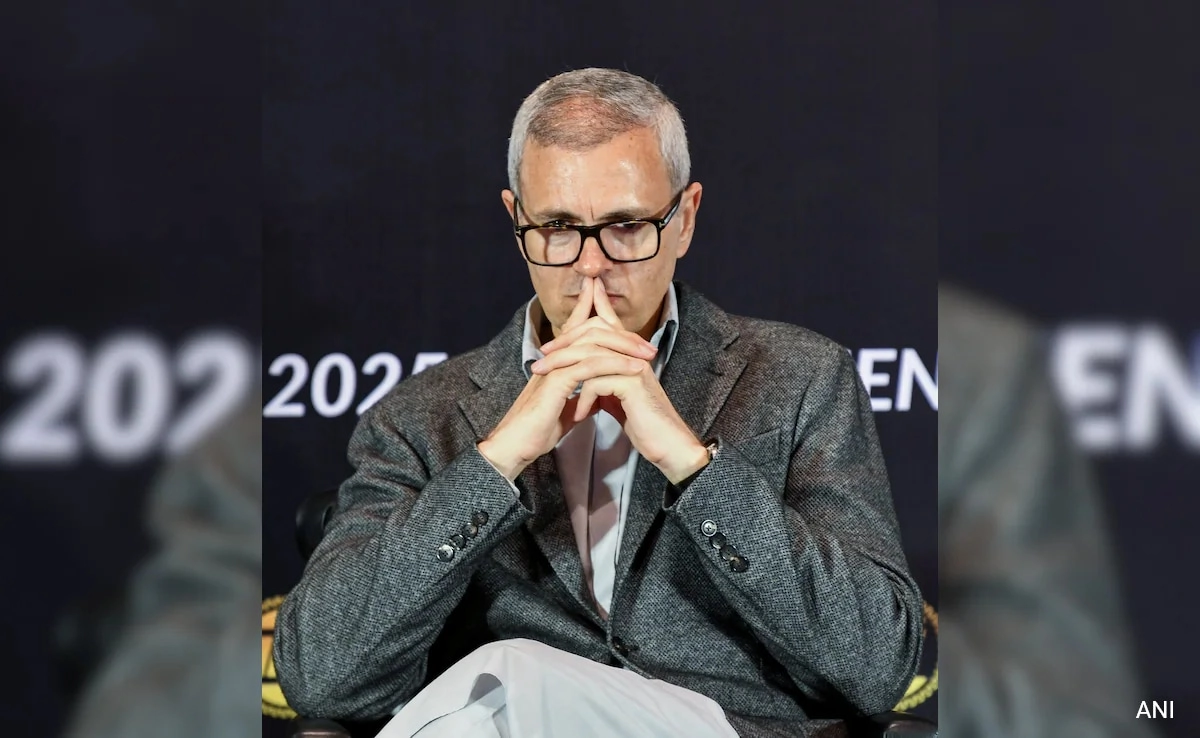The recent resignation of Prime Minister Élisabeth Borne has thrown French politics into a state of uncertainty, leaving President Emmanuel Macron facing a significant dilemma. With Borne stepping down amid mounting pressure and criticism over various domestic issues, Macron must now navigate a complex landscape to restore stability and confidence in his administration. The resignation has raised questions about the future direction of the French government, particularly in light of critical legislative challenges ahead.
Macron’s leadership has been marked by ambitious reforms, but recent events indicate a growing discontent among the populace, fueled by rising inflation and social unrest. Borne’s tenure has been characterized by attempts to implement key policies in areas such as pension reform and climate action, but her departure suggests that these initiatives may be at risk without strong leadership. As Macron contemplates his next move, he must consider whether to appoint a new Prime Minister who can effectively rally support for his agenda or to take a more hands-on approach, which could risk alienating various factions within the National Assembly.
Moreover, the political landscape is further complicated by the presence of a robust opposition, including leftist parties and the far-right National Rally, which have been quick to capitalize on the government’s vulnerabilities. Macron’s challenge is not only to fill the leadership void left by Borne but also to forge alliances that can help push his legislative agenda forward. The upcoming months will be critical for the administration, as France faces pressing economic and social issues that demand decisive action and a clear vision for the future.
As the political drama unfolds, the French public is watching closely, eager for signs of effective governance amidst economic turmoil. Macron’s response to this crisis will be pivotal, as it could either reinforce his position as a reformist leader or further erode public trust in his administration. The decisions he makes in the wake of Borne’s resignation will undoubtedly shape the political landscape for years to come, making it imperative for him to act with both urgency and strategic foresight.




